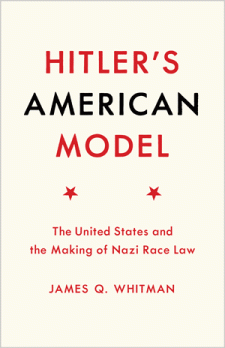
The long thread that leads us to the present began in those three decades at the end of the 15th century, when commerce blossomed between Portugal and Africa, sending a newfound prosperity washing over what had previously been a marginal European country. It drove urbanisation in Portugal on an unprecedented scale, and created new identities that gradually freed many people from feudal ties to the land. One of these novel identities was nationhood, whose origins were bound up in questing for wealth in faraway lands, and soon thereafter in emigration and colonisation in the tropics…
The fateful engagement between Europe and sub-Saharan Africa produced civilisational transformations in both regions, as well as in the wider world – ones that, looking back today, produced an exceptionally crisp division between “before” and “after”.
Back then, Europeans were mindful of this reality. As late as the 1530s, well after the start of Portugal’s more famous spice trade with Asia, Lisbon still recognised Africa as the leading driver of all that was new. João de Barros, a counsellor to that country’s crown, wrote: “I do not know in this Kingdom a yoke of land, toll, tithe, excise or any other Royal tax more reliable … than the profits of commerce in Guinea.”
But as remarkable as Barros’s acknowledgment of African vitality was, his omission of slavery as a pillar of the relationship was equally notable. It may have been the first time that the centrality of Black bondage was simply passed over in an informed account of modernity in the west. It would not be the last. When Barros wrote, Portugal overwhelmingly dominated Europe’s trade in Africans, and slavery was beginning to rival gold as Portugal’s most lucrative source of African bounty. By then, it was already on its way to becoming the foundation of a new economic system based on plantation agriculture. Over time, that system would generate far more wealth for Europe than African gold or Asian silks and spices.
And so it grew. Dehumanization redefined the trade in human beings. And as other economic systems proceeded to greater efficiencies, the older means of profit required even more rationales for staying power. Erasing the whole history of nations and a continent…or at least trying to…while turning the people of those lands into a commodity.
 Hidden graves at Kamloops residential school
Hidden graves at Kamloops residential school






